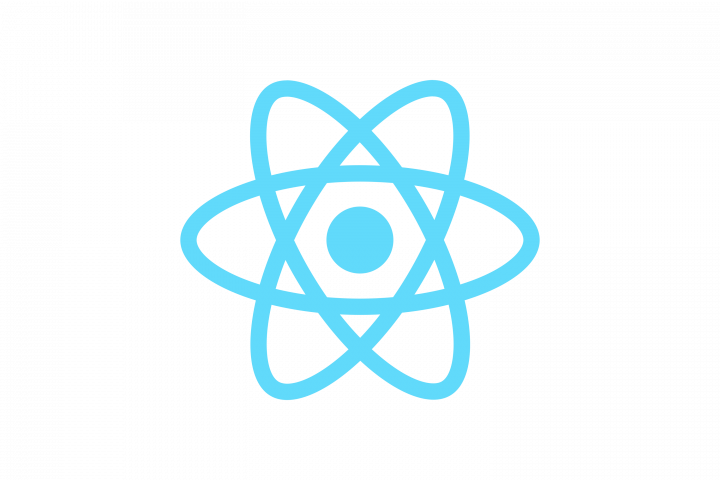What is Blockchain?
We live in a digital world that is run by different systems interacting among each other for exchange of relevant information or data i.e. interoperability. We, as users of these systems, hope the information transfer to be reliable and secure. Blockchain is new kind of technology that aims to offer an efficient, reliable and cost-effective way of conducting any transaction without any third-party being involved. In simple words, blockchain through existing cryptographic techniques allows users in a network to interact – store, exchange, and view information – without any pre-existing trust between the parties. (Here is a Reddit user who tries to explain Blockchain using the example of banking).
Why Blockchain for Healthcare?
Today’s healthcare systems use age-old systems that woefully lack security. Using traditional systems to store and exchange information runs the risk of compromising crucial medical data. A blockchain-powered healthcare industry, on the other hand, can unlock the true potential of secure interoperability.
This blog will highlight the several pain points blockchain addresses and how it enables a healthcare system that is not only secure but also cost-effective. Let’s see what they are.
1. Protect Your Patients’ Medical Records
Once a patient’s medical data is saved to a blockchain environment, its integrity is guaranteed and the data is basically unalterable, eliminating a large portion of insurance frauds. Individual patients can specifically choose to grant permission to medical officials to access these records and to package new records on top of them. Both the patient and the user trying to access the data is required to enter their information to be verified and stored. In other words, only the health insurance companies with the required information will be able to access the patient’s medical records.
2. Protect Your Clinical Trials Data Efficiently
According to an IBM study, the cost of a data breach that occurred in a major company averaged $3.62 million in the year 2017. Using blockchain can be really powerful for protecting the huge amount of data that come out of clinical trials. Unlike traditional means where clinical trials data were stored on the computer by a ‘middleman’ and could be easily breached, the data entered into a blockchain is far more secure. Blockchain creates a proof- of-existence for any clinical record and allow users to corroborate the veracity of the said document.
3. Get a Better Drug Database Management
Pharmaceutical companies are required to mark the movement of their drugs from their plants to various hospitals and drug stores. IBM reports that the counterfeit drug market is estimated to be around $200 billion annually. With blockchain, a detailed record of the distribution of the drugs is maintained which reduces the chances of them being stolen at different points of transfer. In addition, the recipients of these drugs are also well aware about where the drugs came from and how they got to their destination points.
No system is flawless. However, using dated technology to store confidential medical records when there are better alternatives puts the information at risk. Using blockchain technology reduces data breaches significantly, cuts down on the monetary costs and promises a great potential for the healthcare industry.
Want to discuss how blockchain teachnology can be used to improve your healthcare operations? Talk to us



